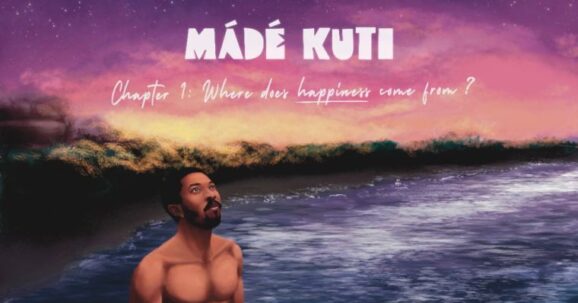For much of modern history, owning music involved a physical connection—vinyl records, cassette tapes, and CDs served as both cultural artifacts and economic lifelines for artists and labels. These formats offered a tangible sense of value and ownership. However, the advent of digital streaming transformed music consumption into a rental-based model, where listeners pay monthly fees for access to vast libraries, while artists often receive minimal compensation per stream.
As the limitations of this model become more apparent, a new approach is gaining traction: crypto royalties. Leveraging blockchain technology, this system introduces automated, transparent, and decentralized royalty payments that could fundamentally reshape how creators and fans interact with music.
Redefining Royalty Distribution Through Smart Contracts
At the core of crypto royalties is a straightforward yet powerful innovation. Blockchain-based platforms use smart contracts, self-executing digital agreements encoded into decentralized networks, to handle royalty distribution. These contracts ensure that earnings are automatically and instantly divided among all stakeholders, from musicians and producers to rights holders, eliminating the need for traditional intermediaries.
This shift has significant implications, particularly for independent artists. In the conventional industry model, revenue from a single track typically flows through a complex web of publishers, labels, legal representatives, and streaming platforms—often delaying payments by months or longer. Blockchain-powered systems offer a potential solution by streamlining the process and enabling real-time compensation.
Platforms like Audius, Royal, and Catalog are at the forefront of this movement. They allow listeners to purchase fractional ownership of songs or albums, represented as NFTs or tokenized assets. These digital tokens entitle both artists and fans to a share of the revenue generated through streams, sales, or licensing.
New Opportunities for Fan Engagement
This model introduces a novel dynamic for fans, transforming them from passive consumers into active participants in an artist’s success. Supporters can invest directly in the music they believe in—gaining not only a sense of ownership but also the potential for financial return as a song gains popularity or commercial use.
In many ways, this mirrors the cultural significance of vinyl collecting, where fans connected with artists on a personal level through their physical collections. Today, the same sentiment is evolving in digital form, recorded not on a shelf but on a secure blockchain ledger.
Challenges Still Remain
Despite the growing interest, several obstacles stand in the way of mainstream adoption. Regulatory ambiguity, environmental concerns related to certain blockchain networks, and the speculative nature of crypto markets have raised valid concerns. Some musicians remain cautious, unsure whether the technology serves artists’ long-term interests or simply represents another fleeting trend.
Additionally, for general audiences, navigating the crypto landscape can be intimidating. Platforms like MoonPay aim to lower this barrier by simplifying access to digital currencies. Through services that allow users to buy Ethereum and other crypto assets using traditional payment methods like credit cards, MoonPay helps ease the transition for fans interested in participating in blockchain-powered music platforms.
Looking Ahead
While full decentralization of the music industry may still be years away, the foundation is being laid today. As blockchain technology continues to develop, crypto royalties could offer a viable alternative to the current streaming economy—one that emphasizes transparency, direct artist support, and community ownership.
Ultimately, the digital future of music may not abandon the values of the past, but instead reinterpret them. Whether through a record player or a digital wallet, the desire for meaningful connection and support for artistry remains a constant thread.








